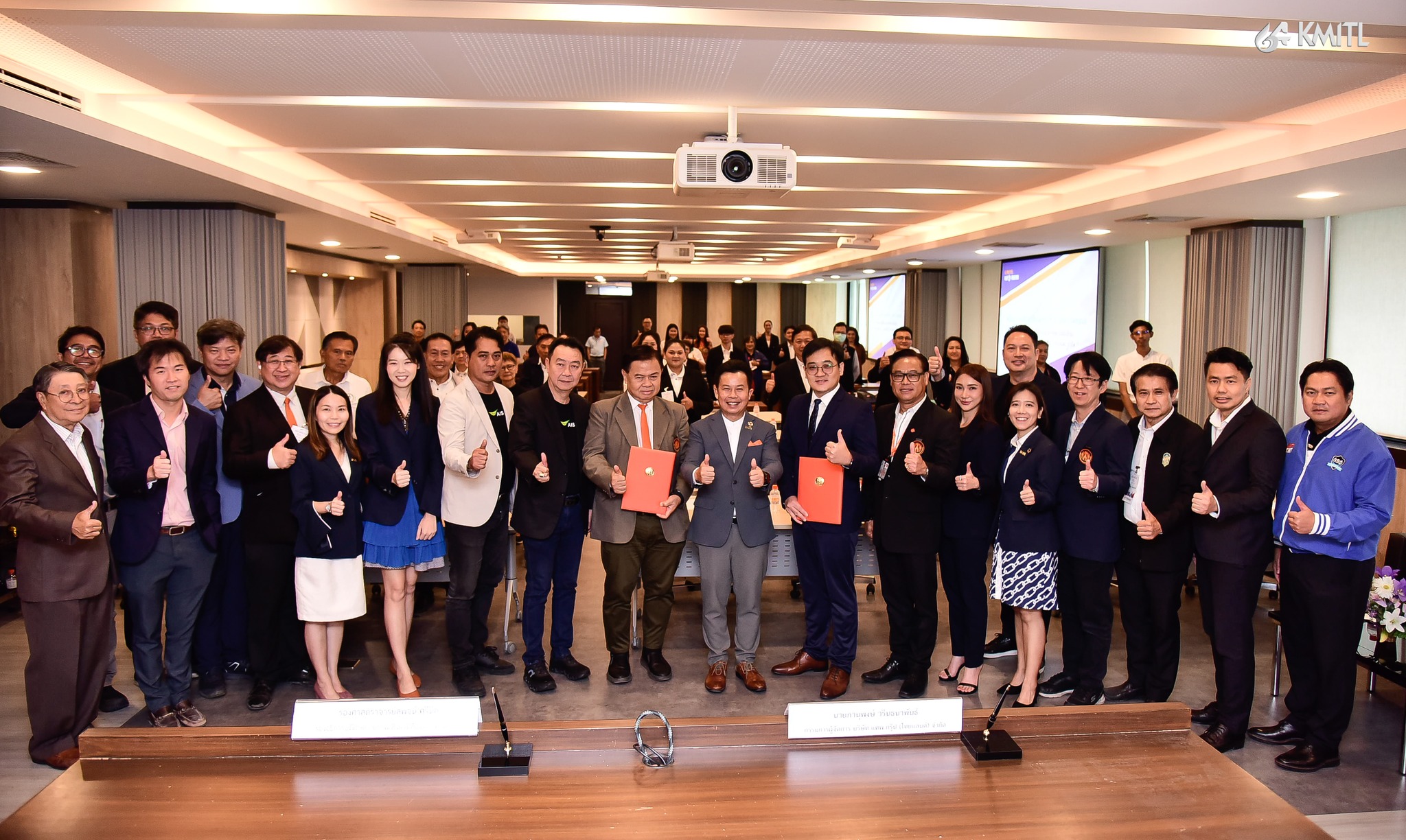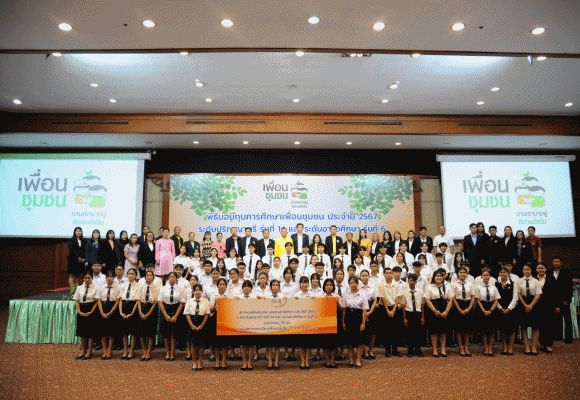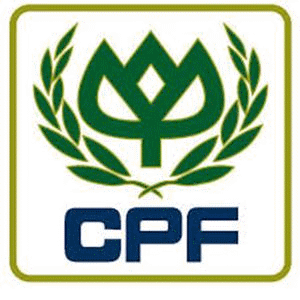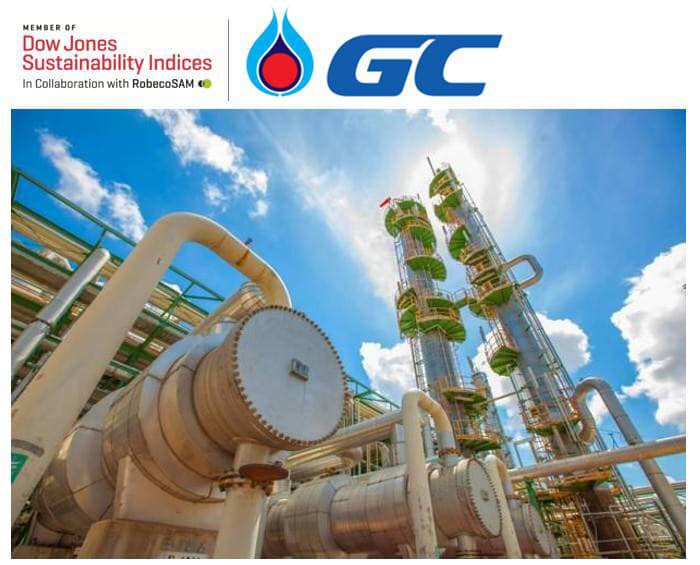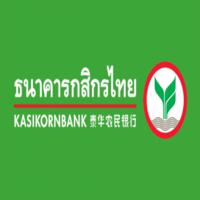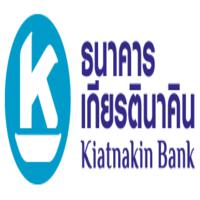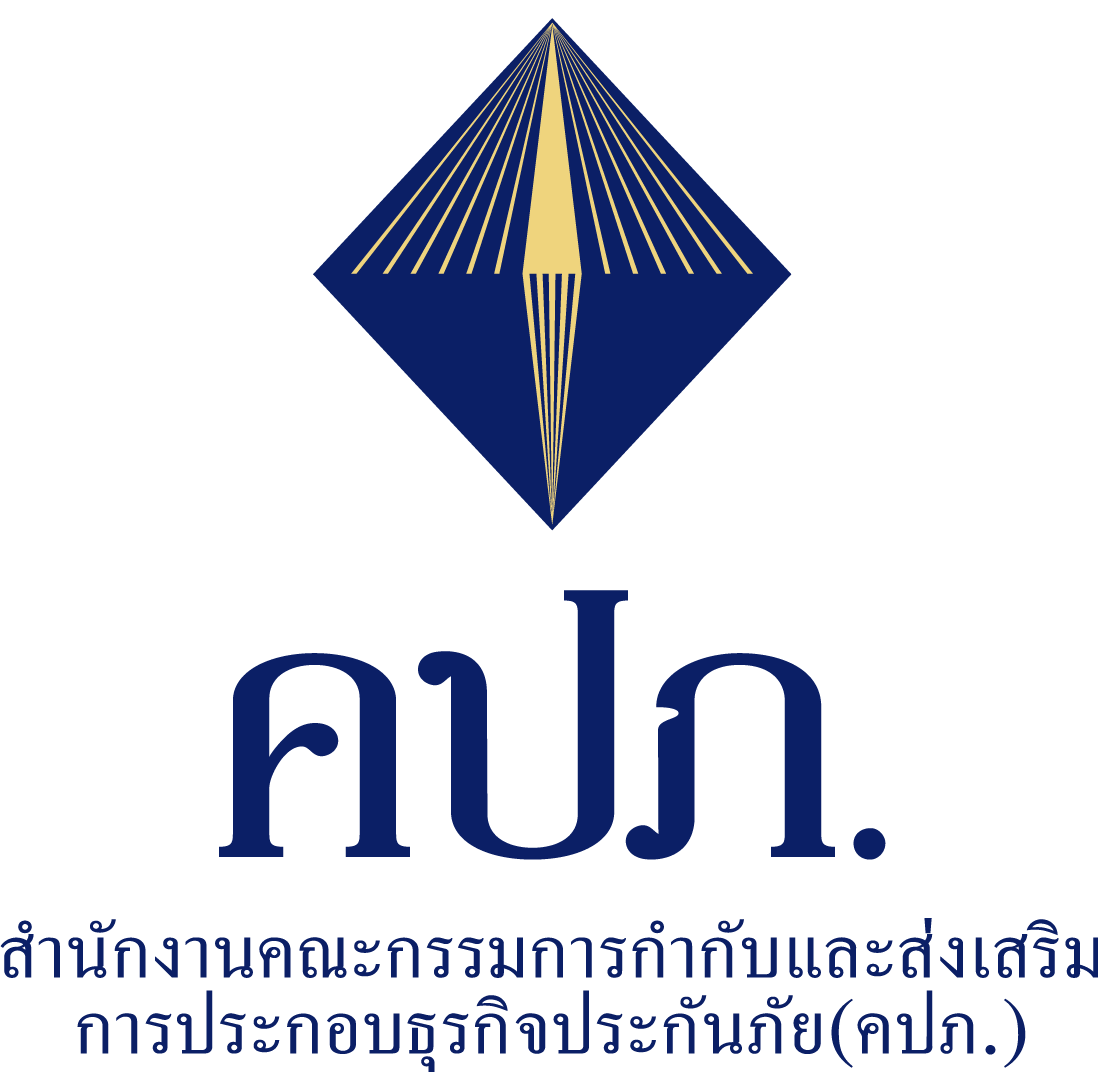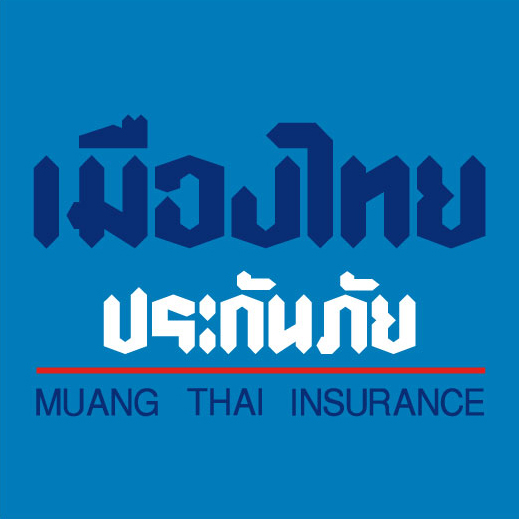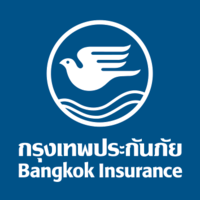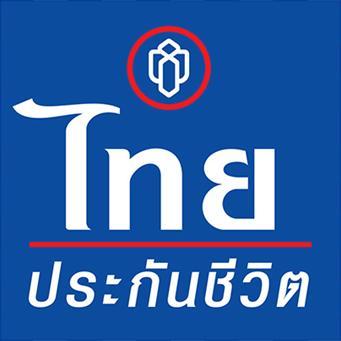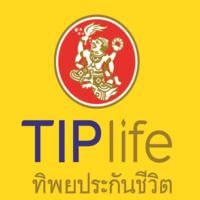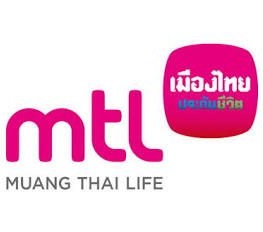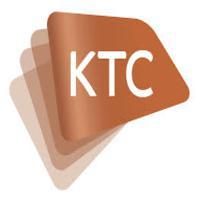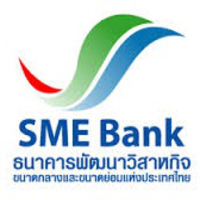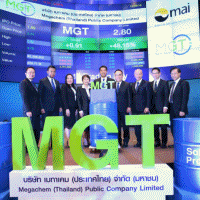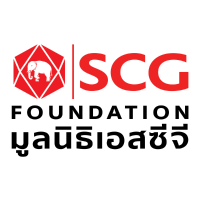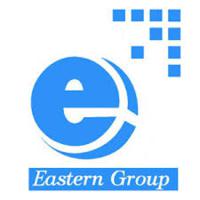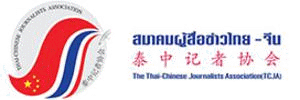- Details
- Category: แบงก์พาณิชย์
- Published: Sunday, 12 February 2017 23:33
- Hits: 7244
 กสิกรไทยคาดสิ้นปี 60 เงินบาทอ่อนค่า 36.50 บาท/ดอลลาร์ เอกชนออกหุ้นกู้น้อยลง 25% หลังมีเบี้ยวหนี้
กสิกรไทยคาดสิ้นปี 60 เงินบาทอ่อนค่า 36.50 บาท/ดอลลาร์ เอกชนออกหุ้นกู้น้อยลง 25% หลังมีเบี้ยวหนี้
กสิกรไทยชี้ปี 60 เป็นปีที่ท้าทายสูงจากปัจจัยความเสี่ยงทางด้านการเมืองของสหรัฐฯ ส่งผลให้ค่าเงินบาทอ่อนสิ้นปีอยู่ที่ 36.50 บาท/ดอลลาร์ เอกชนออกหุ้นกู้ 6 แสนล้านบาทลด 20-25% หลังบางส่วนมีปัญหาจ่ายหนี้คืน ส่วนหุ้นกู้น้ำดีต้นทุนยังต่ำ คาดปีนี้เศรษฐกิจไทยจะโต 3.3% ใกล้เคียงกับปีก่อน
นายธิติ ตันติกุลานันท์ ผู้บริหารสายงานธุรกิจตลาดทุน ธนาคารกสิกรไทย เปิดเผยว่า ปี 2560 จะเป็นปีที่ตลาดเงินตลาดทุนมีความท้าทายสูงอีกปีหนึ่ง โดยเฉพาะปัจจัยความเสี่ยงทางด้านการเมืองของสหรัฐฯ โดยเฉพาะนโยบายชาตินิยมหรือ “America First” ของประธานาธิบดีโดนัลด์ ทรัมป์ ซึ่งสร้างความกังวลต่อนักลงทุนทั่วโลก เช่น นโยบายห้ามประชากรจากประเทศอาหรับเข้าสหรัฐฯ การกีดกันการค้ามากขึ้น นโยบายขึ้นภาษีนำเข้าสินค้าจากจีนเป็น 45% ซึ่งจะส่งผลเชิงลบต่อการค้าโลก สำหรับประเทศไทยหากสหรัฐฯ นำเข้าลดลง 1% อาจส่งผลให้การส่งออกของไทยลดลง 0.9%
ภาพรวมตลาดทุน คาดว่าเงินดอลลาร์สหรัฐฯ มีแนวโน้มที่แข็งค่าขึ้นเมื่อเทียบกับสกุลเงินโดยรวม ขณะที่อัตราดอกเบี้ยในตลาดทุนมีแนวโน้มปรับสูงขึ้นจากปีที่แล้ว ค่าเงินบาทในสิ้นปีนี้น่าจะอยู่ที่ระดับ 36.50 บาทต่อดอลลาร์สหรัฐฯ ประกอบกับการปรับขึ้นอัตราดอกเบี้ยของเฟดต่อเนื่องในปีนี้ ทำให้ส่วนต่างของอัตราดอกเบี้ยไทยและสหรัฐฯ แคบลงจึงลดการถือครองเงินบาท และการที่สหรัฐฯ ประกาศที่จะกลับมายิ่งใหญ่อีกครั้ง ผ่านการลงทุนโครงสร้างพื้นฐาน และการลดภาษีจึงต้องกู้ยืมเงินจำนวนมาก ส่งผลให้ขาดดุลการคลังและต้นทุนการเงินจะเพิ่มขึ้น ซึ่งจะทำให้ต้นทุนทางการเงินของธุรกิจไทยสูงขึ้นเช่นกันจากอัตราดอกเบี้ยที่มีโอกาสที่จะปรับขึ้น ดังนั้น ภาคธุรกิจควรจะเตรียมตัวรับมือไว้
ด้านธุรกิจอัตราแลกเปลี่ยนในปี 2559 ที่ผ่านมาผู้ส่งออกมีการทำสัญญาซื้อขายเงินตราต่างประเทศล่วงหน้าเพิ่มขึ้น อันเป็นผลจากความผันผวนในตลาดที่สูงและค่าเงินบาทเปลี่ยนทิศทางแข็งค่าขึ้นเมื่อเทียบกับดอลลาร์ตั้งแต่ช่วงกลางปี โดยสกุลเงินหลักที่ลูกค้าใช้ในการทำธุรกรรมกับต่างประเทศยังคงเป็นกลุ่มสกุลเงินเดิมคือ ดอลลาร์สหรัฐฯ ยูโร และเยน ขณะที่การค้าในภูมิภาคมีความเชื่อมโยงกันมากขึ้น ส่งผลให้การซื้อขายอัตราแลกเปลี่ยนของสกุลเงินในกลุ่มประเทศ AEC ได้แก่ มาเลเซียริงกิต และอินโดนีเซียรูเปียะ ปรับเพิ่มขึ้นด้วย ซึ่งธนาคารกสิกรไทยได้ขยายการให้บริการครอบคลุมการให้คำปรึกษาการรายงานทางการเงินการบริหารความเสี่ยง ซึ่งได้รับการตอบรับจากลูกค้าที่ดีมาก ทำให้ธุรกรรมอัตราแลกเปลี่ยนที่ทำเพื่อรองรับธุรกรรมการลงทุนและการกู้ยืมเติบโตสูงขึ้นอย่างมีนัยสำคัญ ทั้งนี้ ธนาคารจะพัฒนาการให้บริการส่วนนี้ให้เข้าถึงลูกค้าได้มากยิ่ง ๆ ขึ้นไปในปีนี้
ด้านธุรกิจตลาดตราสารหนี้ ปีที่แล้วมีมูลค่ารวม 7.85 แสนล้านบาท โดยธนาคารกสิกรไทยยังคงเป็นผู้นำในธุรกิจมีส่วนแบ่งทางการตลาด 12.3% สำหรับการค้าตราสารหนี้ภาครัฐ และ 17.2% สำหรับการจัดจำหน่ายตราสารหนี้ภาคเอกชนในตลาดแรก (ไม่รวมการจัดจำหน่ายตราสารหนี้ของธนาคาร) โดยปริมาณตราสารหนี้ภาคเอกชนในตลาดแรกที่ธนาคารจัดจำหน่ายในปี 2559 เพิ่มขึ้น 56% จากปี 2558 ในขณะที่ตลาดโดยรวมขยายตัวเพียง 36% โดยการขยายตัวของตลาดในอัตราสูงนี้ ส่วนหนึ่งเป็นผลมาจากการระดมทุนของภาคเอกชนเพื่อการซื้อกิจการและสภาพตลาดที่ดอกเบี้ยยังคงอยู่ในระดับต่ำ ส่งผลให้บริษัทออกมาระดมทุนเพื่อการรีไฟแนนซ์หรือเพื่อการขยายกิจการที่ทำได้ในต้นทุนที่ต่ำลง สิ่งที่น่าสังเกตในปี 2559 นั้น แม้ว่าตราสารหนี้ที่มีอันดับความน่าเชื่อถือในระดับ “A” ยังคงมีสัดส่วนประมาณครึ่งหนึ่งของตลาดอยู่ แต่ตราสารหนี้ที่ไม่มีการจัดอันดับความน่าเชื่อถือก็มีสัดส่วนเพิ่มขึ้นมากกว่าเท่าตัว
นายธิติ กล่าวเพิ่มเติมว่า สำหรับแนวโน้มในปี 2560 ปริมาณหุ้นกู้ภาคเอกชนในตลาดแรกอาจชะลอลงจากปี 2559 โดยคาดว่าจะประมาณ 6 แสนล้านบาท ลดลงจากปี 2559 ประมาณ 20-25% เนื่องจากการออกตั๋วเงินและตราสารหนี้ที่ไม่มีการจัดอันดับความน่าเชื่อถือจะลดลงอย่างมีนัยสำคัญ จากกรณีเหตุการณ์การผิดนัดชำระหนี้ในช่วงที่ผ่านมา ทั้งนี้ สำหรับผู้ออกตราสารหนี้ที่มีคุณภาพจะยังคงสามารถระดมทุนตลาดตลาดได้ในต้นทุนที่ต่ำอยู่ โดยในปี 2560 ธนาคารคาดว่าบริษัทในกลุ่มธุรกิจโครงการสาธารณูปโภค พลังงานไฟฟ้า และอสังหาริมทรัพย์ จะยังคงระดมทุนผ่านตลาดตราสารหนี้ในจำนวนมาก และธนาคารกสิกรไทยจะยังคงความเป็นผู้นำในธุรกิจนี้ควบคู่ไปกับการพัฒนาตลาดตราสารหนี้ไทย
สำหรับ ภาพรวมเศรษฐกิจประเทศไทย ในปี 2560 คาดว่าจะเติบโตประมาณ 3.3% ใกล้เคียงกับปี 2559 มูลค่าการส่งออกจะขยายตัวเล็กน้อยอยู่ที่ 0.8% ภาระหนี้ครัวเรือนจะทรงตัวอยู่ในระดับสูงที่ 82% ของจีดีพี การท่องเที่ยวจะยังเป็นแรงส่งสำคัญของเศรษฐกิจไทย เงินเฟ้อคาดว่าจะเห็นการปรับรีบาวด์สูงขึ้นมาอยู่ที่ 1.8% ดอกเบี้ยนโยบายน่าจะอยู่ที่ระดับ 1.50% ตลอดทั้งปีเพื่อสนับสนุนการฟื้นตัวที่ยังเป็นแบบค่อยเป็นค่อยไป ขณะที่การลดดอกเบี้ยเพิ่มเติมอาจทำให้เกิดความเสี่ยงที่มาจากพฤติกรรมการหาผลตอบแทนที่สูงกว่า (“Search for yields”)
KBank sees Baht falling to THB36.50/USD, debentures from private sector plummeting by 25% on default
KASIKORNBANK believes that business in 2017 will be extremely challenging given the US political risk, which could send the Baht down to THB36.50/USD. Debentures from the private sector are expected to amount to THB600 billion, plunging by 20-25 percent following default issue while costs of debentures of blue-chip companies will remain low. The Thai economy is projected to grow close to last year at 3.3 percent.
Mr. Thiti Tantikulanan, Capital Market Business Division Head of KBank, said that the capital market will continue to face a tough time in 2017, due particularly to political tension in the US. Notably, the “America First” policy initiated by President Donald Trump has worried investors across the globe. Among these moves are an immigration ban on citizens of seven Arab countries and additional protectionism such as an increase in tariff rate for Chinese merchandise to 45 percent – this will definitely be hostile to global trade. As for Thailand, if the US import Thai products 1 percent lower, our exports will tumble 0.9 percent.
Capital market-wise, the US dollar will be trending up when compared with most currencies while interest rates are expected to rise from 2016. Expected to reach THB36.50/USD at the year-end, the Baht will be in less demand thanks to smaller differences between Thai and the US interest rates, as a result of the Fed’s further rate hike. On top of that, the US government’s big plan to rebuild America through massive infrastructure investment and tax cut will require large borrowings, which also mean fiscal deficit and elevated financial costs. This would in turn increase our financial costs due to rising interest rates. With this in mind, businesses are advised to formulate plans to fall back on.
Over the past year, exporters increasingly agreed to do forward exchange contracts owing to high market fluctuation and the Baht that has been strengthened against the US dollar since mid-2016. The US dollar, Euro and Yen remain major currencies that customers choose for international transactions. Greater connectivity in regional trade will also set off appreciation in AEC currencies, including the Ringgit and Rupiah. Seeing this trend, KBank has expanded its advisory services to encompass consultation on financial reports and risk management. Customers are pleased with these additional services, help spurring foreign exchange transactions which are intended to facilitate investment and borrowing at significant rates. This year, KBank plans to extend its reach to customers in need of these services.
In 2016, the debt market was valued at THB785 billion. KBank remained the leader in the business, with 12.3 percent share of the government bond market and 17.2 percent share of debenture underwriting in the primary market (excluding KBank debenture underwriting). The volume of debentures that KBank underwrote in the primary market during 2016 surged 56 percent YoY, while the overall market grew 36 percent, due partly to fund mobilization by the private sector for mergers and acquisitions (M&A). In addition, interest rates in the market remained low, thus allowing companies to mobilize funds for refinancing or M&A at lower costs. It should be noted that although “A” rated debt instruments accounted for about half of the market, the amount of unrated debt instruments grew by more than double.
Mr. Thiti added that the volume of debentures in the primary market during 2017 may slow from 2016 to some THB600 billion, declining approximately 20-25 percent YoY, because of significant declines in the issuance of bills of exchange and unrated debt instruments caused by debt defaults in 2016. However, issuers of quality debt instruments will likely be able to mobilize funds at low costs. In 2017, KBank expects that many companies in the utility, power and property sectors will continue to mobilize substantial funds from the debt market and KBank will continue to be a leader in this business amid the development of the Thai debt market.
Meanwhile, it is expected that the overall Thailand economy during 2017 will advance some 3.3 percent, which would be almost at parity with that reported in 2016, while exports may grow marginally at 0.8 percent. Household debt should remain static at 82 percent of GDP. Tourism should continue to be a key driver of the Thai economy. Inflation will likely rebound to 1.8 percent and the policy rate may lean toward 1.5 percent throughout the year, aimed at supporting the Thai economy to recover gradually. Any additional cuts in interest rate may trigger risk stemming from the “search for yields”.











